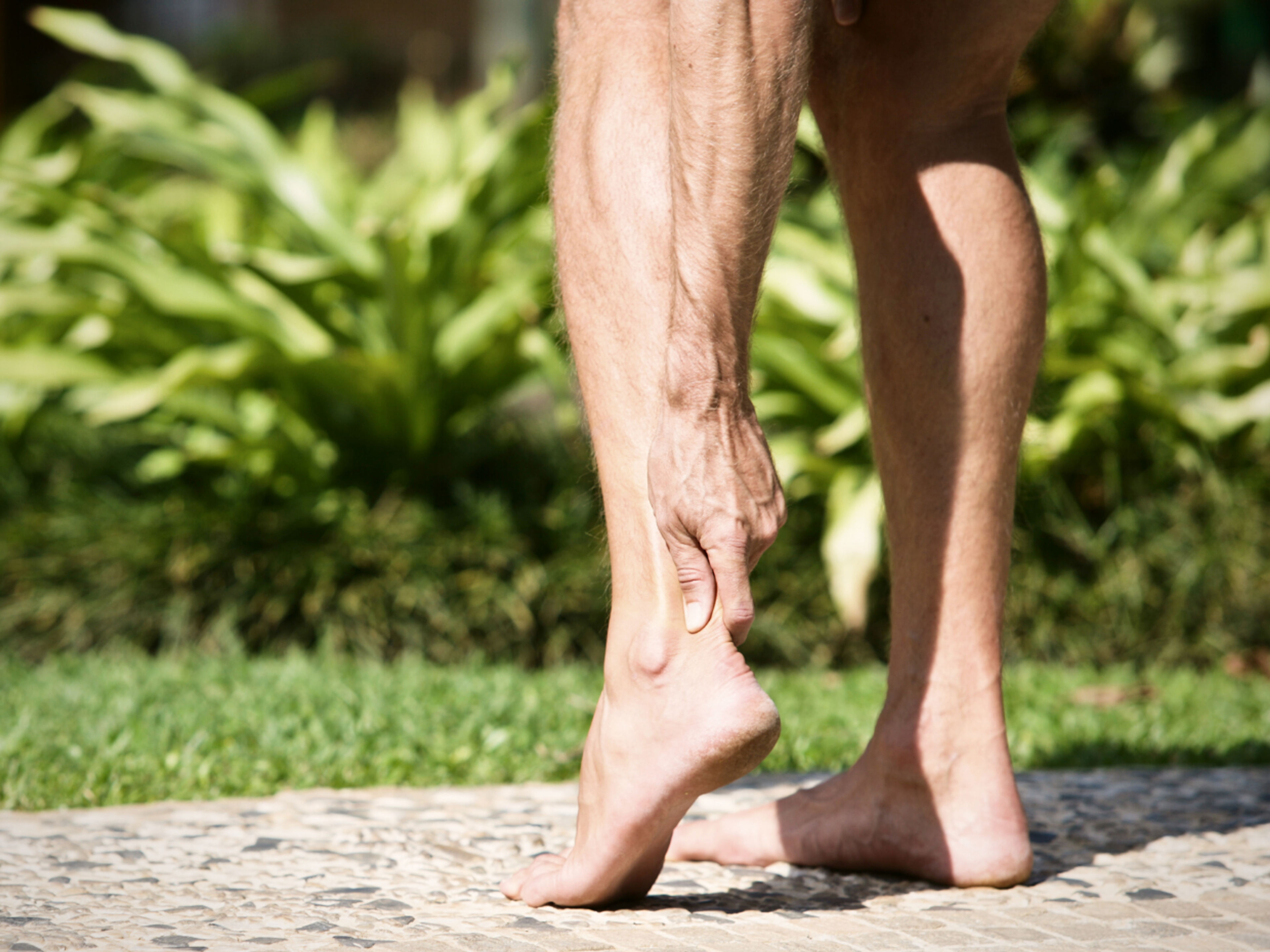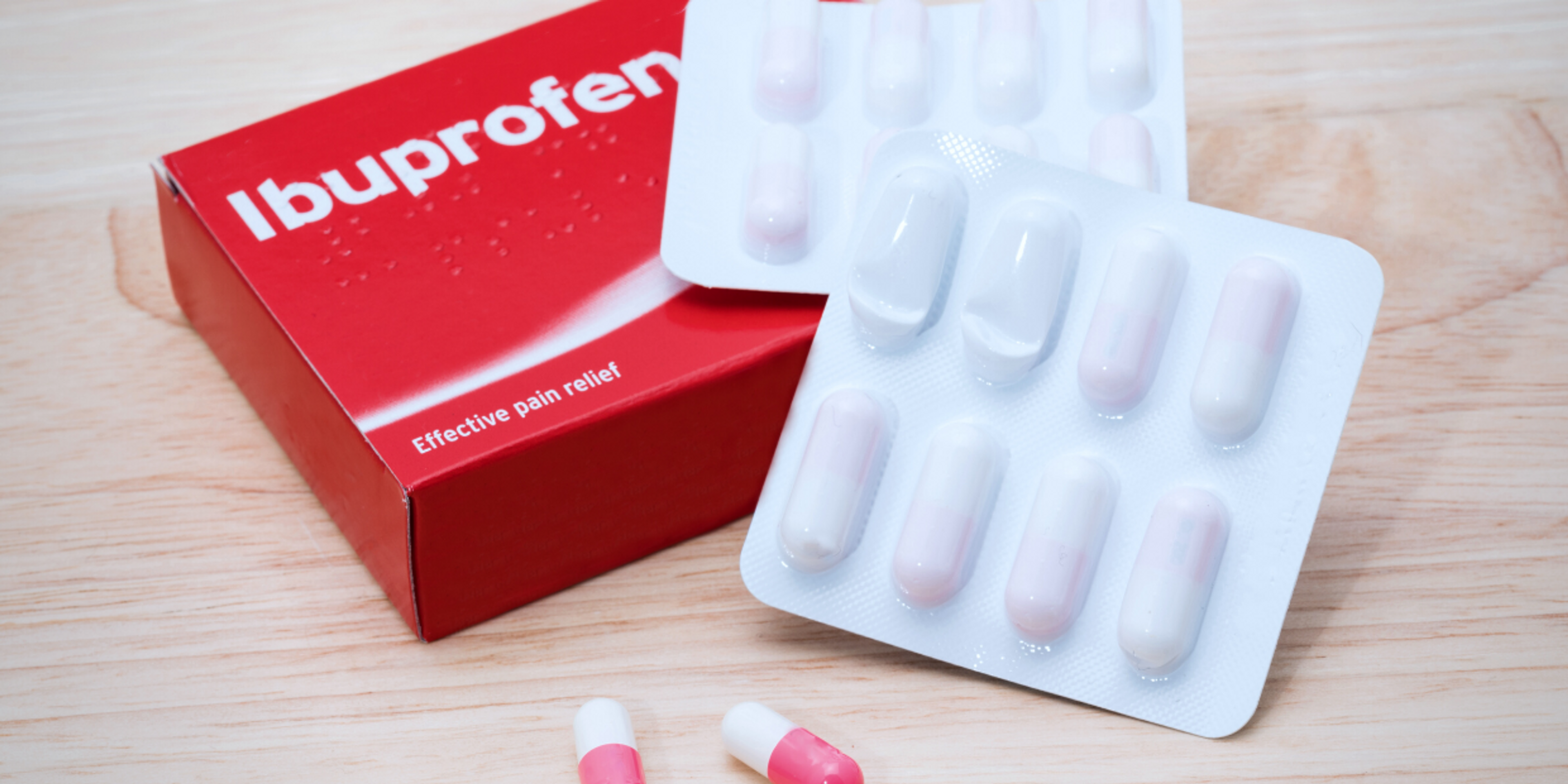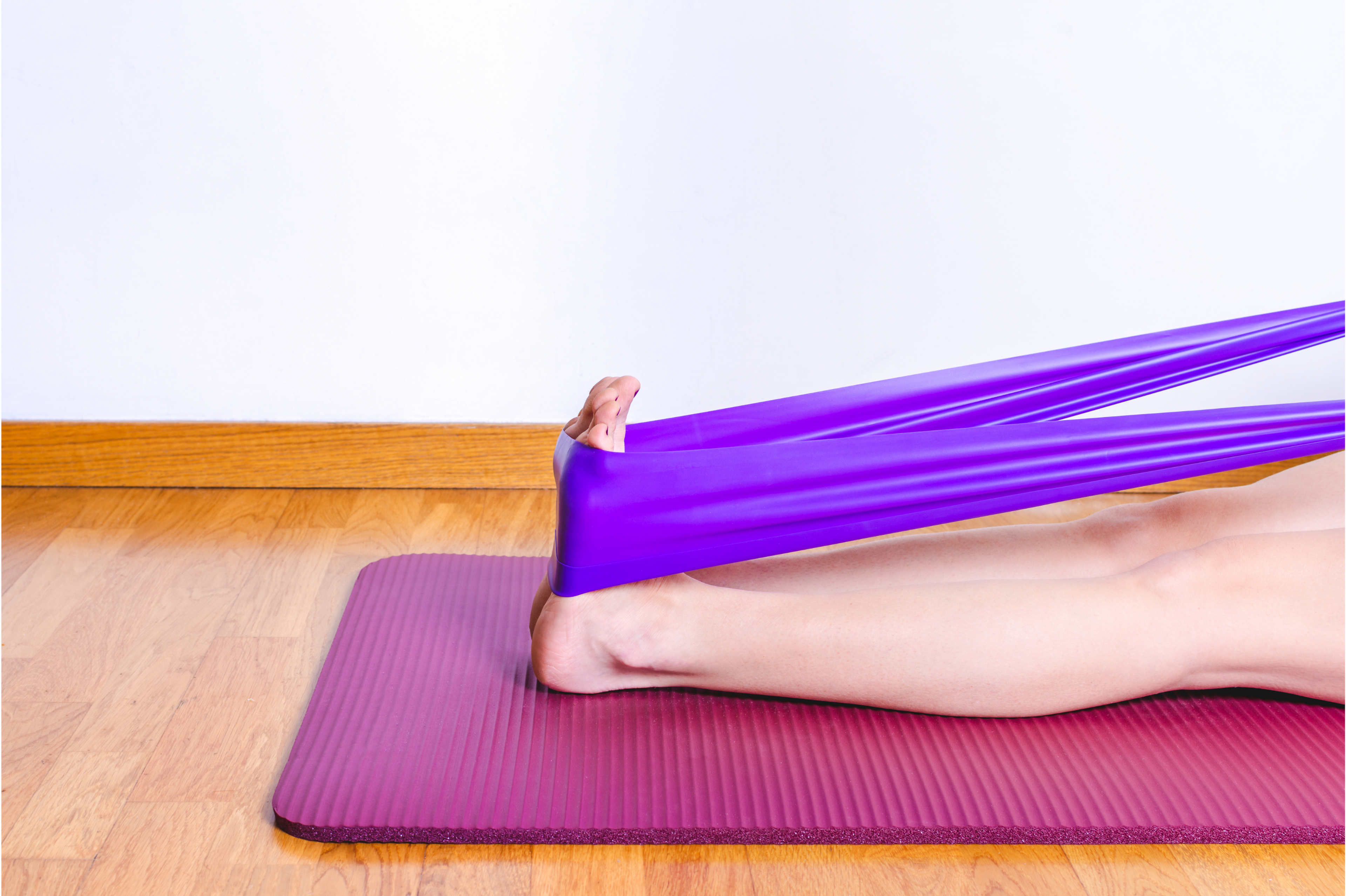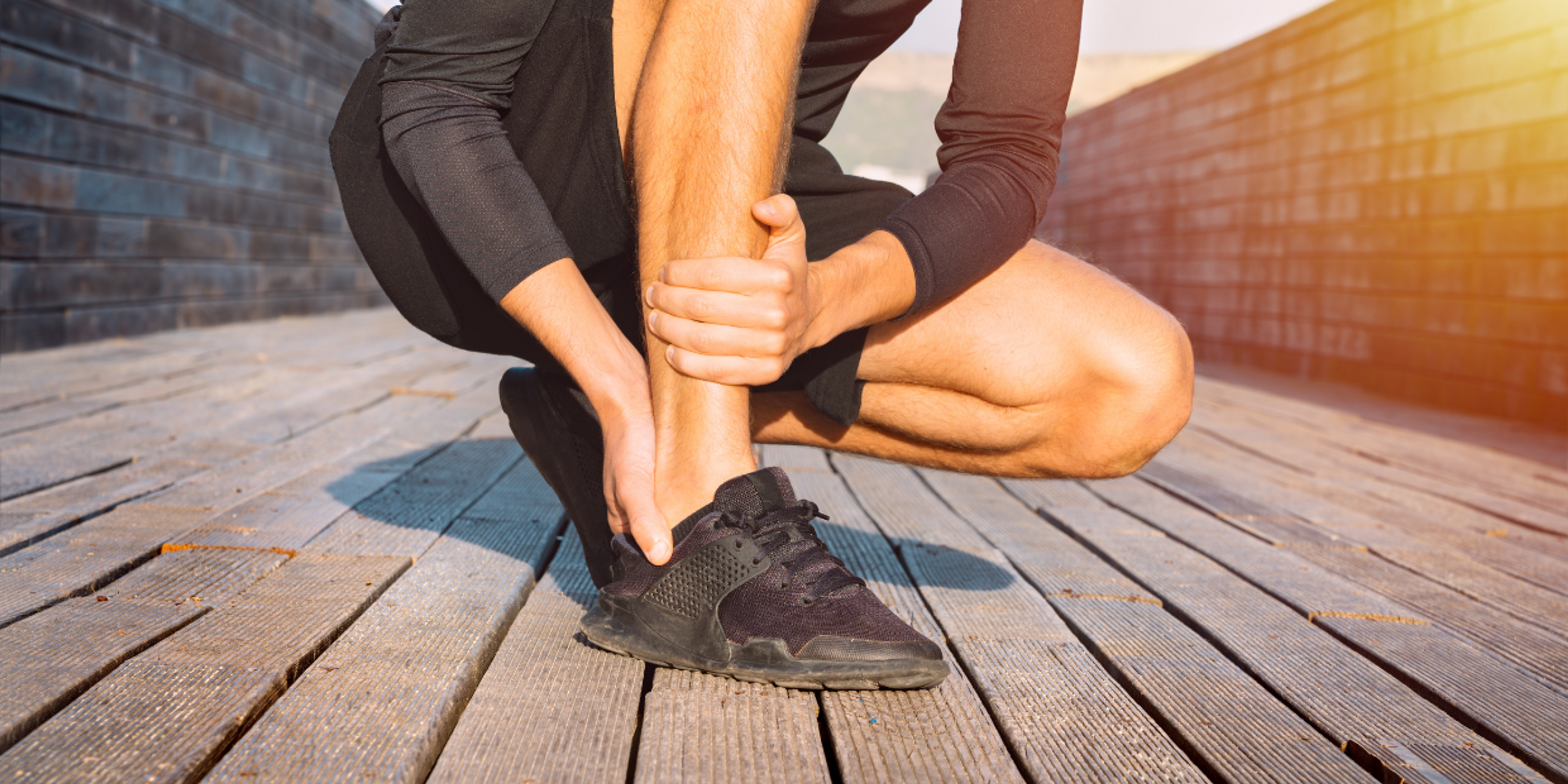How do tendons heal?
What are tendons made of?
Tendons are the thick sinewy white bands that attach your muscles to your bones. They are extremely tough.
A healthy tendon consists of bundles of collagen fibers that are tightly packed together in parallel. It’s this parallel arrangement that makes a tendon so strong.
If you look at it under a microscope, you’ll also notice a few small cells between the collagen fibers.
What happens to a tendon when you get tendonitis or tendinopathy?
Tendonitis or tendinopathy is an overuse injury and it develops when you don’t allow your tendon enough recovery time between training sessions, or you do a lot more activity than what your tendon is used to.
When we exercise, all the tissue in our bodies (tendons, muscles, bones etc.) sustain micro-damage. This is normal and part of the process of how exercise makes us stronger – it acts as the signal to the brain to strengthen that part of the body.
Depending on how fit you are and the intensity of the training session, it can take anything between 24 and 72 hours for your body to fully repair this micro-damage.
If you do another hard training session before your body has fully repaired, the micro-damage accumulates and eventually causes overuse injuries like tendonitis.
When you have tendonitis/tendinopathy, the collagen fibers are no longer aligned in parallel. They move away from each other and become disorganized.
This causes that part of the tendon to lose some of its strength which means that it may not be strong enough to cope with your normal activities. That’s why even easy activities like walking can then cause pain.
How does a tendon with tendonitis heal?
For a tendon with tendonitis/tendinopathy to heal, research has shown that the best treatment is the right combination of relative rest (to allow it to calm down) and strength training exercises (to strengthen the tendon).
Treatments like massage and electrotherapy (ultrasound or TENS) are not really helpful – they can temporarily reduce your pain, but they don’t strengthen your tendon.
The best treatment for tendonitis is a combination of relative rest and strength training exercises.
Relative Rest
Relative rest means that you have to reduce your activities to a level that does not cause your tendon to hurt.
Complete rest is usually not useful because, although it will help your pain calm down, it won’t strengthen your tendon. In fact, complete rest may even make it lose more strength.
It’s better to stay as active as you can without making your pain worse. The rehab plans in the Exakt app provide specific guidance on how you can decide what activities are OK to continue.
Strength training exercises
Strength training exercises can help to restore the strength in your injured tendon, but it has to be pitched at the right level for your injury. If it’s too hard, it will make it flare up. If it’s too easy, it won’t really be effective.
A typical training plan for a tendonitis will start with easy, low load exercises and progress over time to include high load and explosive movements, similar to those used in your sport.
Have a look at the rehab plans in the Exakt app to see how this works:
How long do tendons with tendonitis take to heal?
This will depend on how long you wait before you start with the correct treatment plan as well as how strong your tendon and calf are at that point.
Tendons are very slow to heal. It takes much longer to produce and strengthen collagen fibers than muscle fibers.
- If you’ve only developed your tendon pain in the last few weeks and you’ve not lost a lot of strength, then it will likely take you around 12 weeks to get back to your full sport.
- If you’ve had your tendon pain for several months, then it can take anything between 6 and 18 months to fully recover depending on how much strength you’ve lost.
What happens to a tendon when you tear or rupture it?
The term tendon tear is pretty self-explanatory. You can get partial tears (where just some of the collagen fibers are torn) and full ruptures (where the tendon is fully torn through).
How does a tendon tear/rupture heal?
In order for the tear to heal, the two ends have to grow back together. That’s why, during the early stages of recovery, it’s so important to avoid all types of stretches that can pull the ends further apart.
Avoid stretching a torn tendon in the early stages of recovery.
The typical treatment for a partial tendon tear consists of:
- Protecting the injured area by avoiding positions of stretch – this may mean that you wear a brace or boot for a couple of weeks.
- Following a progressive strength training program that will stimulate your tendon to produce new collagen fibers and grow stronger.
The treatment for a full tendon rupture may include surgery if the ends of the tendon have separated far apart. In some cases, where the tendon ends have not moved that far, they can grow back together if your injured body part is immobilized for several weeks.
In both instances, you’ll have to follow a progressive rehab program to regain your full strength. Your doctor will tell you when you’re ready to start doing exercises.
How long does a torn tendon take to heal?
This depends on the extent of the tear and can take anything from 6 to 18 months to regain full strength.
What helps tendons heal faster?
Getting the correct treatment as soon as possible is the most important thing. If you delay seeking treatment or don’t receive the correct treatment advice, it will delay your healing.
There is also some research that suggests that taking a collagen supplement in combination with a low dose of vitamin C before you do your exercises, may also help the tendon repair more quickly.




